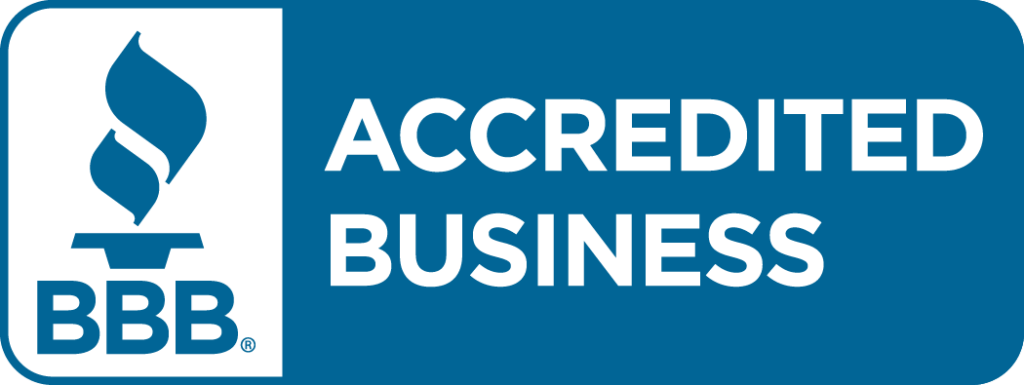The coronavirus pandemic has challenged how we go about our daily lives while having a devastating impact on the economy. But we’ve been here before, financially. The Great Recession of late 2007 to early 2009 tested consumer trust and economic stability. Marketers and business owners emerged from that recession having learned some key lessons that can help us weather this current downtown and prepare for recovery.
How does it relate?
Consumers are experiencing fear and instability today, similar to the emotions permeating the Great Recession. Many have shifted to buying only essential items with the best deals until they feel more certain about their financial future. Fortunately, for marketers today, we have many more tools and data at our disposal than we had in 2008, but we still need to look back at the strategies that were most successful to know how to best use them.

Overcome marketing financial fears
Financial worries during the Great Recession caused some business owners to reduce or eliminate their marketing spend. However, decades of studies show us that the best way to maintain or advance your share of market is to continue advertising, even with a reduced budget, so you don’t fall out of the consideration set.
It’s why Kraft Salad Dressing saw a 70% sales growth following increased advertising during the 1991 recession. In that same period, McDonald’s decreased its advertising budget, which Pizza Hut and Taco Bell took advantage of to grow their own sales by 61% and 40% respectively, while sales at McDonald’s dropped by 28%.
Find new ways to stretch your marketing dollars
Even as advertising dollars declined for most mediums in the 2008 recession, many companies still took advantage of the growing popularity of Facebook and other social media sites for their ad campaigns. Though online advertising has become much more common, new sites and services may be untapped by many companies. Randall-Reilly’s ability to use proprietary trucking, construction and agriculture databases (RigDig and EDA) to create custom audiences, makes social media a must-have.
Today, OTT/CTV campaigns running non skippable ads will reach a larger audience as video streaming services brought in $11.3 billion in revenue in 2018 and music streaming also resulted in $7.3 billion in revenue that same year. If your budget has been reduced, creating custom audiences based on your ideal buyers will result in a higher ROI.
Adapt and innovate to match consumer behavior
When American and European marketers in 2008 noticed that many consumers were switching to value alcohol brands, they adapted their marketing campaign to appeal to spend-conscious consumers. Supermarkets such as Aldi and brands such as Smirnoff promoted discounts, economical sizes and new products specifically catered to those who preferred to stay home rather than pay a premium at bars. Furthermore, Amazon’s introduction of the innovative Kindle in November of 2007 helped the company emerge from the Great Recession relatively unscathed. The device soared in popularity, taking e-book sales along with it, and helped the company grow its sales by 28% when many businesses struggled to reach the same heights.
By now, most of the country is in some stage of reopening, but many consumers are still hesitant to return to brick and mortar stores. Tell your consumers what you are doing to ensure their safety and that of your employees. Bolster your online services and delivery options so your business is still able to meet their needs.
Adjust your messaging mix to factor the current consumer mindset. For equipment with a lengthy buyers’ journey, a price promotion, extended warranty offer or repair services can accelerate a decision. Emphasize value and reliability when they buy from you, both during the initial purchase and when it’s time for repairs and maintenance. The economy will recover, and by revisiting your marketing strategy with that in mind, your business is poised to quickly and efficiently take advantage of the eventual upturn.
Conclusion
The Great Recession teaches us important lessons about marketing during an economic downturn. By looking at how companies successfully moved forward with business operations during that time, you can make informed decisions on how you can be poised for recovery as the coronavirus eases its grip on our economy.
[visibility show=”desktop”]
[acf field=”cta_36″ post_id=”option”]
[/visibility]
[visibility show=”tablet”]
[acf field=”cta_36″ post_id=”option”]
[/visibility]
[visibility show=”mobile-landscape”]
[acf field=”cta_36″ post_id=”option”]
[/visibility]
[visibility show=”mobile-portrait”]
[acf field=”cta_37″ post_id=”option”]
[/visibility]



